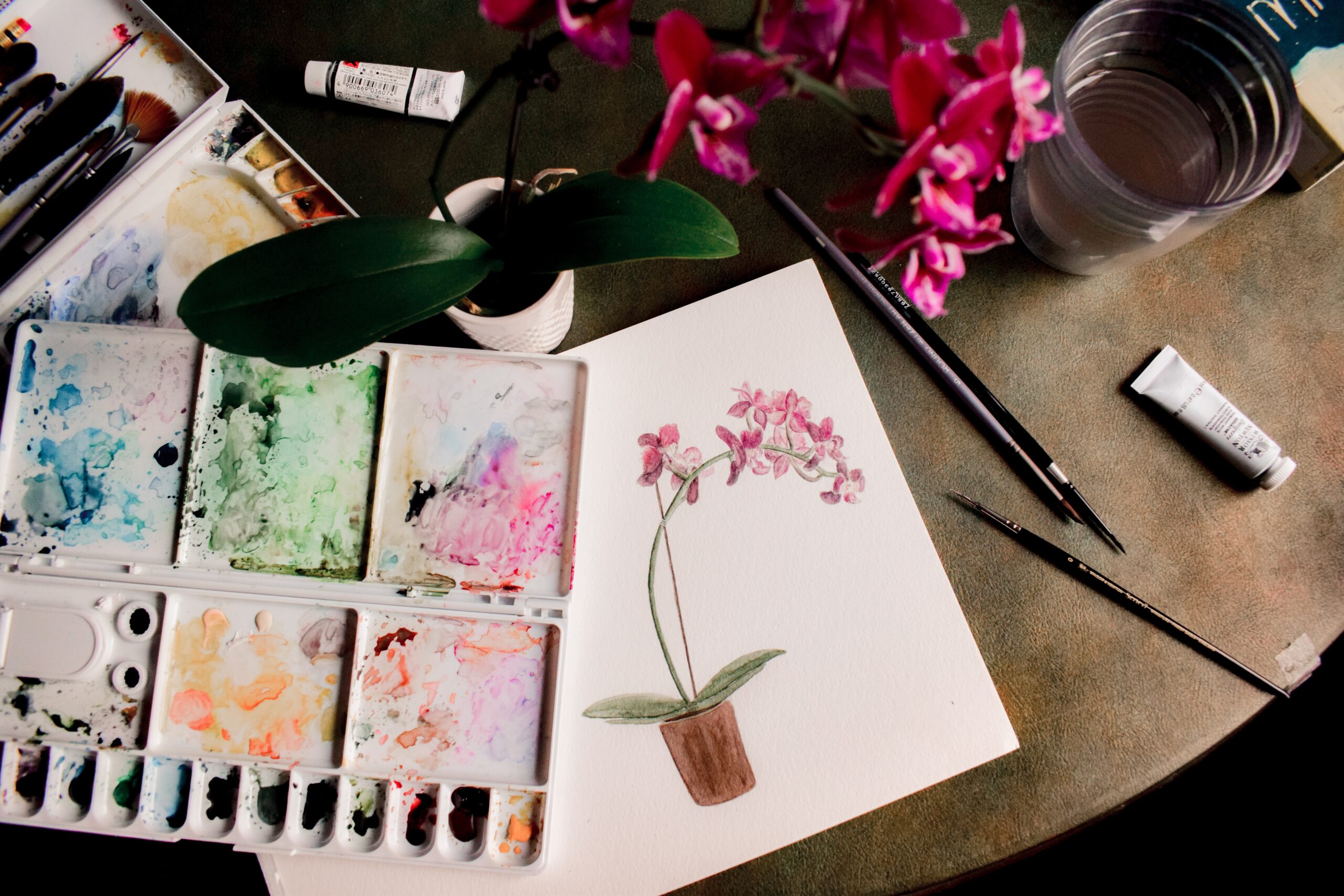Many people have hobbies that they enjoy doing in their free time. Hobbies can range from playing a musical instrument, painting, gardening, cooking, or even collecting stamps. While hobbies are often seen as a way to relax and have fun, they can also provide insights into a person’s personality.
Our hobbies are often a reflection of our interests, passions, and values. They can reveal a lot about who we are as individuals and how we choose to spend our time. Here are a few ways in which your hobby may reflect your personality:
1. Personal Interests
Our hobbies are usually centered around activities that we find interesting and enjoyable. For example, if you have a hobby of playing a musical instrument, it may indicate that you have a creative and artistic side. If you enjoy gardening, it may suggest that you have a nurturing and patient nature.
2. Values and Beliefs
Our hobbies can also align with our values and beliefs. For instance, if you have a hobby of volunteering at an animal shelter, it may indicate that you have a strong sense of compassion and a desire to help others. If you enjoy hiking and spending time in nature, it may suggest that you value outdoor activities and have a deep appreciation for the environment.
3. Personality Traits
Certain hobbies may be associated with specific personality traits. For example, if you have a hobby of solving puzzles or playing chess, it may suggest that you have a logical and analytical mind. If you enjoy team sports, it may indicate that you are sociable and enjoy being part of a group.
4. Level of Commitment
The level of commitment and dedication you put into your hobby can also reflect your personality. If you are highly committed to improving your skills in a particular hobby, it may indicate that you are disciplined, determined, and goal-oriented. On the other hand, if you have multiple hobbies that you dabble in without becoming deeply involved, it may suggest that you are more spontaneous and enjoy variety in your life.
5. Stress Relief
Hobbies often serve as a form of stress relief and relaxation. The type of hobby you choose to engage in during your leisure time can reveal how you cope with stress. For example, if you enjoy activities such as yoga or meditation, it may indicate that you prioritize self-care and have a desire for inner peace. If you prefer more energetic hobbies like dancing or playing a sport, it may suggest that you find release through physical activity.
While our hobbies can provide insights into our personality, it’s important to remember that they do not define us entirely. We are complex individuals with various interests and facets to our personalities. Hobbies are just one aspect of who we are.
Ultimately, hobbies are a way for us to express ourselves, explore our passions, and find joy in our lives. Whether your hobby aligns with your personality or not, what matters most is that it brings you happiness and fulfillment.
So, the next time you engage in your favorite hobby, take a moment to reflect on how it may be reflecting your personality. You might be surprised by the connections you discover!
